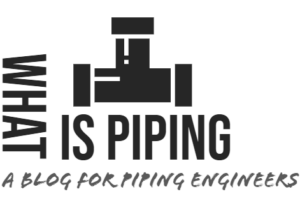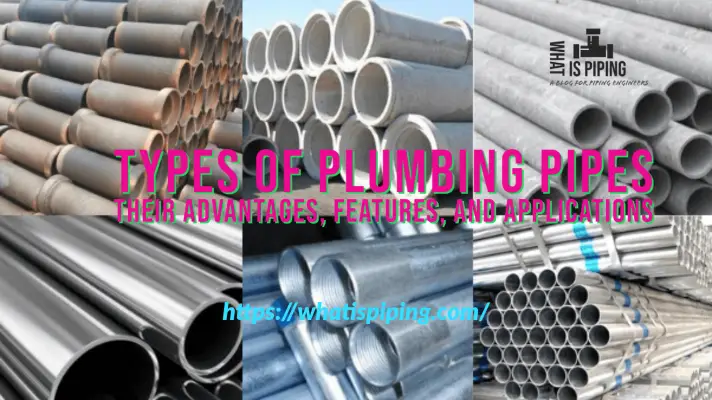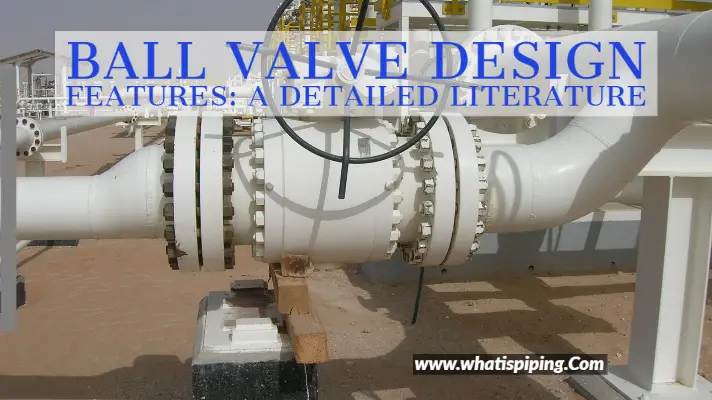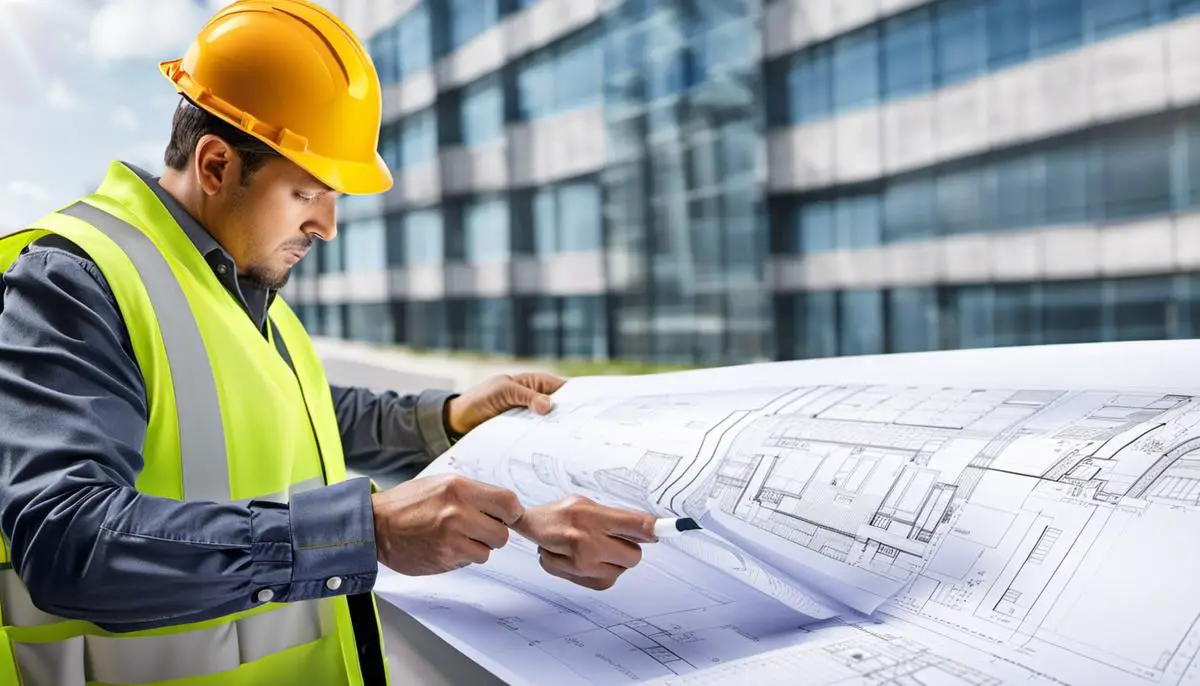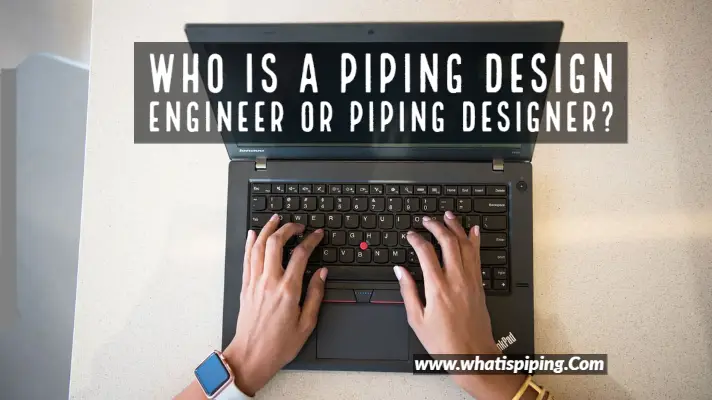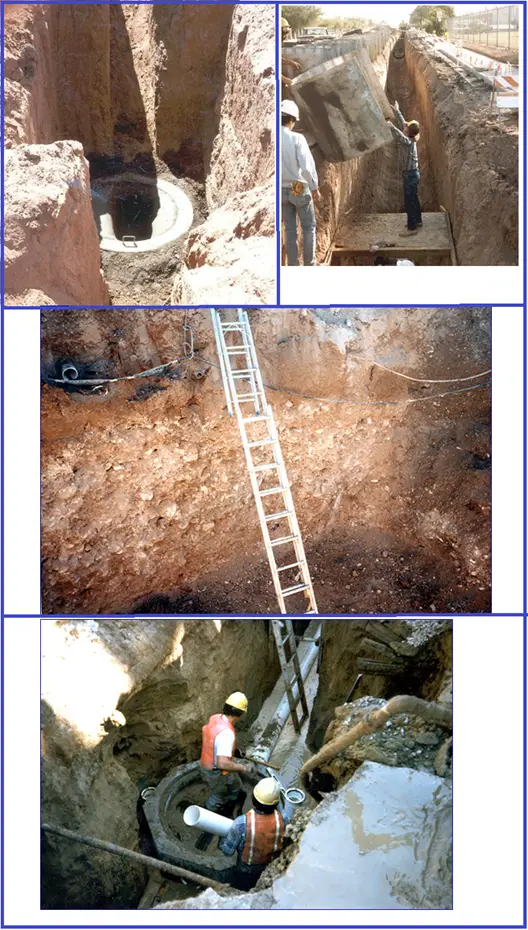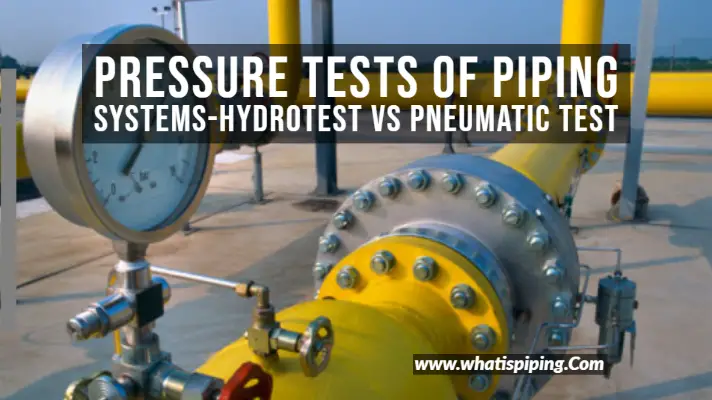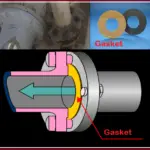Awareness of Safety Rules during a Field Visit (Operating site/Construction Site) is a must. But most of the new designers/engineers working in design consultancy firms are unaware of it. While making a field visit to a chemical process unit whether it be an upstream oil and gas processing installation, a refinery, or a petrochemical plant, safety rules need to be strictly followed. This article explains some basic safety rules for a site visit. Readers can suggest additional points to be taken care of during the field visit.
Carry your own Personal Protective Equipment (PPE)
It is suggested to carry your own personal protective equipment (PPE). Even though these may be available at a few sites but still do not expect the same. Carrying your own PPE has its own advantages like fitment and personal hygiene. It may not be possible to get PPE items of the perfect size and you may not feel comfortable wearing used PPE items.
Complete Mandatory Safety Training prior to Site Visit
Before the field visit, check if there is a requirement to finish some mandatory safety training. If so, attend those before planning for site-visit. For example, a one or two-day course on oil-field safety and Hydrogen Sulfide Safety and exposure protection has to be taken up and a certificate of completion be obtained as a mandatory requirement for many upstream oil and gas companies prior to the field visit.
Check regarding additional Safety Precautions from Plant Operating Staff
It is always better to enquire about the safety precautions of the operating plant from the operating staff. Also, while entering the chemical process unit premises for the first time ensure that the plant operations staff accompanies and guides you. Learn about the layout of the plant and any special safety precautions to be considered from them. Entering an operating area without any awareness of what is around you is dangerous and foolhardy.
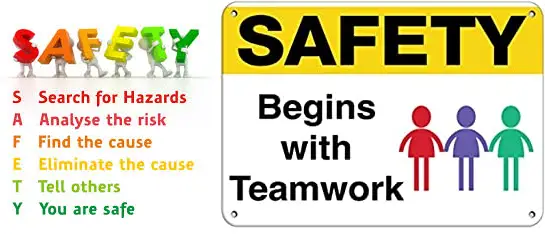
Follow Plant Safety Sign Boards thoroughly
Almost all operating plants provide safety signboards inside the plant to make you aware of safety details. So, Lookout for such signboards when walking around the plant or unit.
Be Attentive while walking on elevated platforms
When walking on elevated platforms ensure that you are attentive and looking all around to see where you are landing your feet. Pay attention that your head is not bumping against a beam or piping. Be extra careful as there may be open grates or hatches for maintenance work to avoid a falling accident.
Avoid Touching valves, pipes, or instrument surfaces by Barehand
If you are not authorized, Do not touch valves or instruments with barehand. Without knowing the fluid content in the pipe, If you touch bare pipe or valves, Burning can happen. Even solar radiation on a bare pipe can cause the surface temperature to be high enough to cause 1st-degree burns and blisters.
Seek help from Site operating Staff for Data measurement
Always ask the operating staff to collect the required field data. In case, you are required to take site readings from field instruments ensure that you have a proper foothold and can walk around the instrument without obstruction. Be extra cautious while climbing monkey ladders and do it very carefully and slowly.
Avoid Dehydration
Always keep yourself hydrated and carry water with you. Normally it is required to work in the open sun for quite some time, So make sure that you have taken plenty of fluids before walking around. Dehydration can cause dizziness and lack of focus which could lead to an accident. If you are unwell, it is not advisable to undertake a field visit.
Avoid Removing your PPE
Do not remove your Personal Protective Equipment kit just because you are feeling sweaty and itchy while working in hot and humid conditions in the plant area where PPE is mandatory. In case it is required, take a break in a safe convenient place where you can remove your PPE to recompose yourself before going back to work.
Avoid changing any set points when inside the control room
Do not change any setpoints of the process control instruments while sitting in the control room unless you are both authorized and know the consequences of your actions in terms of the effect on the process.
Know about emergency Exits and Gathering Points beforehand
Before entering the plant premises make sure that you are briefed about the emergency exits and gathering points by the operations staff of the plant. Pay utmost attention to what is being told to you.
No Smoking or Eating inside plant premises
Needless to tell that it is not allowed to smoke and eat in the plant premises except for areas designated for smoking and having food/beverages.
Few more Handpicked Articles for you.
What is Engineering Process Safety?
A recorded Webinar on “Meeting Specs for Safety: The Role of Material Properties Assurance”.
An article on Crane safety during Construction
Piping Design and Layout Basics
Mechanical Design Basics
Process Design Basics
Instrumentation Design Basics
Civil Design Basics
Few Jobs for You
There could be many other points for a safe field visit and I request the readers to contribute some more points for a safe and successful field visit in the comments section.
